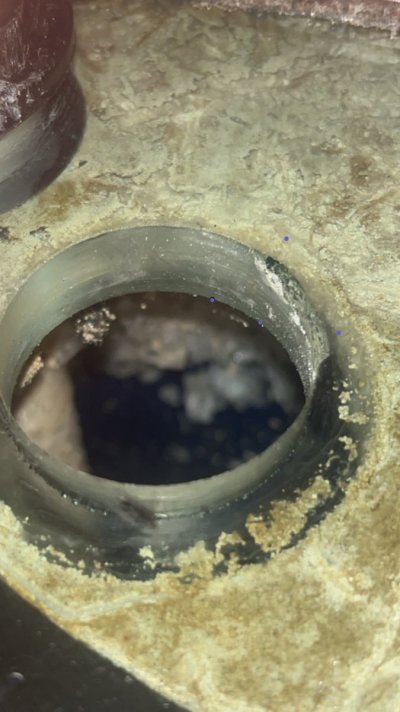so i recently got a used 125 drilled aquarium and changing out the bulkheads i noticed a small chip where the holes drilled, my other tanks are all hob overflows so im unsure is this going to create an issue down the road? should i just be more diligent with the silicone when putting new bulkheads in? its not where you can see it i noticed the bulkhead came off i just wanted to be sure before i have a leakage..




















